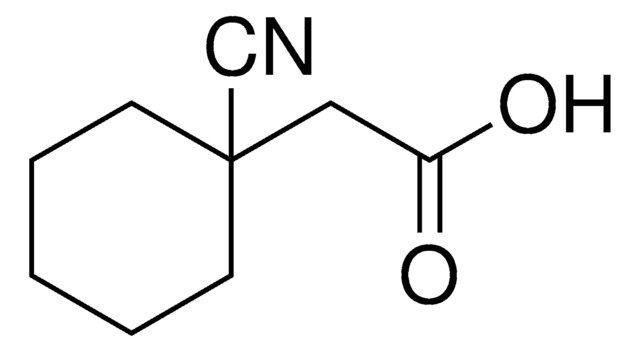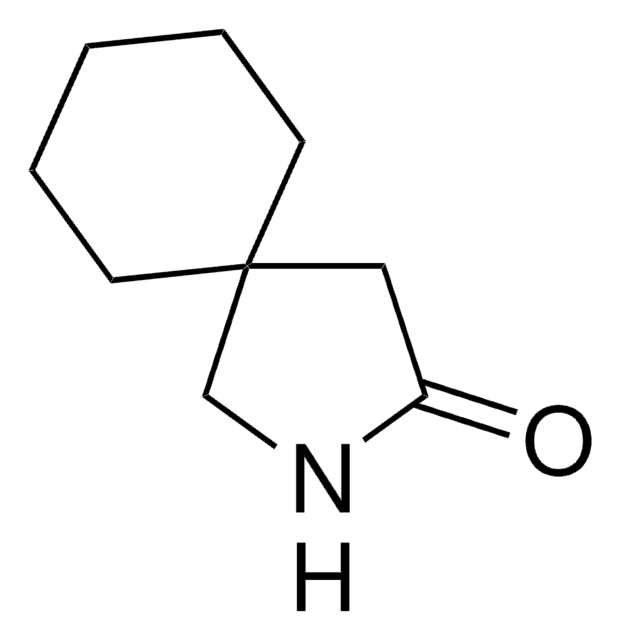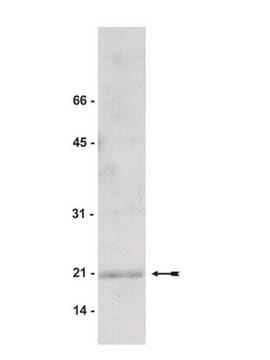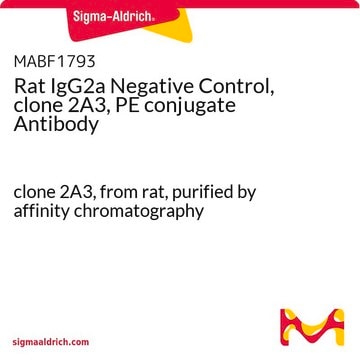MABF1077Z
Rat IgG2a Negative Control, clone 2A3, Azide Free Antibody
clone 2A3, from rat, purified by affinity chromatography
Synonym(s):
Immunoglobulin G2a, IgG2a
Sign Into View Organizational & Contract Pricing
All Photos(1)
About This Item
UNSPSC Code:
12352203
eCl@ss:
32160702
NACRES:
NA.42
Recommended Products
biological source
rat
Quality Level
antibody form
affinity isolated antibody
clone
2A3, monoclonal
purified by
affinity chromatography
technique(s)
flow cytometry: suitable
isotype
IgG2a
target post-translational modification
unmodified
General description
The 2A3 immunoglobulin is useful as an isotype-matched control. The 2A3 immunolglobulin has an unknown binding specificity and is used as an isotype control for rat IgG2a antibodies.
Application
This rat monoclonal Rat IgG2a Negative Control, clone 2A3, Azide Free, Cat. No. MABF1077Z is validated for use in Flow Cytometry.
Physical form
Purified Rat monoclonal containing 10 mM NaH2PO4, 150 mM NaCl, pH7.2. This monoclonal antibody was purified from tissue culture supernatant via affinity chromatography.
Other Notes
Concentration: Please refer to lot specific datasheet.
Storage Class Code
12 - Non Combustible Liquids
WGK
nwg
Flash Point(F)
Not applicable
Flash Point(C)
Not applicable
Certificates of Analysis (COA)
Search for Certificates of Analysis (COA) by entering the products Lot/Batch Number. Lot and Batch Numbers can be found on a product’s label following the words ‘Lot’ or ‘Batch’.
Already Own This Product?
Find documentation for the products that you have recently purchased in the Document Library.
Brian J Kwee et al.
Proceedings of the National Academy of Sciences of the United States of America, 118(35) (2021-08-28)
Mesenchymal stromal cells (MSCs) are increasingly combined with biomaterials to enhance their therapeutic properties, including their immunosuppressive function. However, clinical trials utilizing MSCs with or without biomaterials have shown limited success, potentially due to their functional heterogeneity across different donors
Ashley M Campbell et al.
PLoS pathogens, 18(1), e1010235-e1010235 (2022-01-11)
The Epstein-Barr virus (EBV) BGLF2 protein is a tegument protein with multiple effects on the cellular environment, including induction of SUMOylation of cellular proteins. Using affinity-purification coupled to mass-spectrometry, we identified the miRNA-Induced Silencing Complex (RISC), essential for miRNA function
Tiffany R Frey et al.
Frontiers in microbiology, 12, 708404-708404 (2021-08-27)
Human gammaherpesviruses Epstein-Barr virus (EBV) and Kaposi's sarcoma-associated herpesvirus (KSHV) persist as life-long infections alternating between latency and lytic replication. Human endogenous retroviruses (HERVs), via integration into the host genome, represent genetic remnants of ancient retroviral infections. Both show similar
Eric M Burton et al.
Proceedings of the National Academy of Sciences of the United States of America, 117(3), 1722-1730 (2020-01-11)
Viruses activate inflammasomes but then subvert resulting inflammatory responses to avoid elimination. We asked whether viruses could instead use such activated or primed inflammasomes to directly aid their propagation and spread. Since herpesviruses are experts at coopting cellular functions, we
Our team of scientists has experience in all areas of research including Life Science, Material Science, Chemical Synthesis, Chromatography, Analytical and many others.
Contact Technical Service








